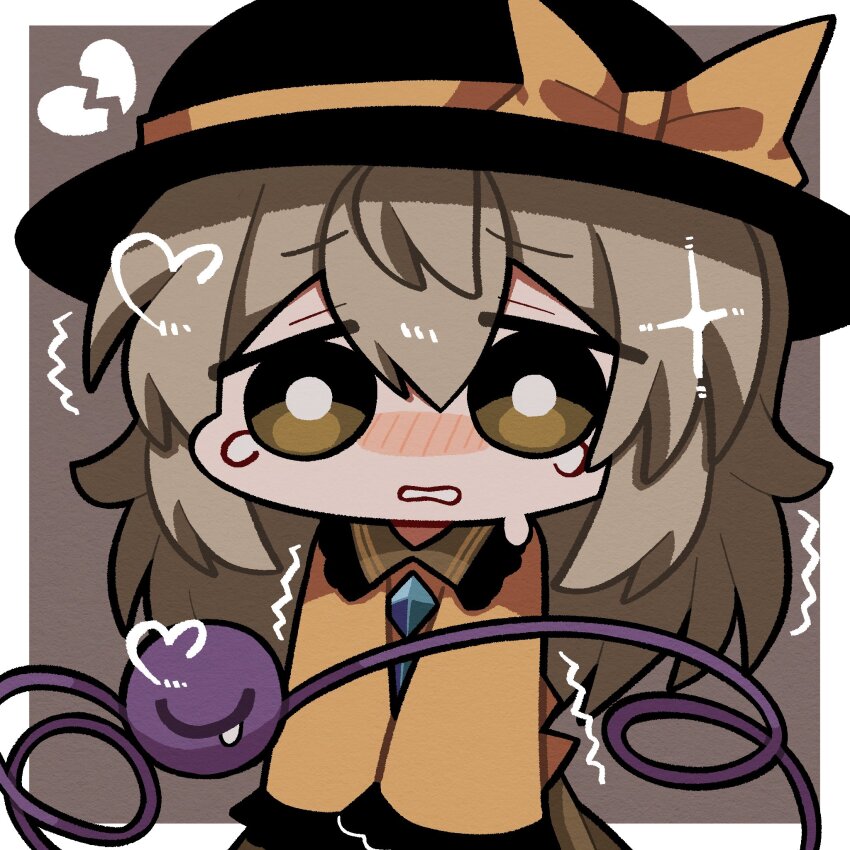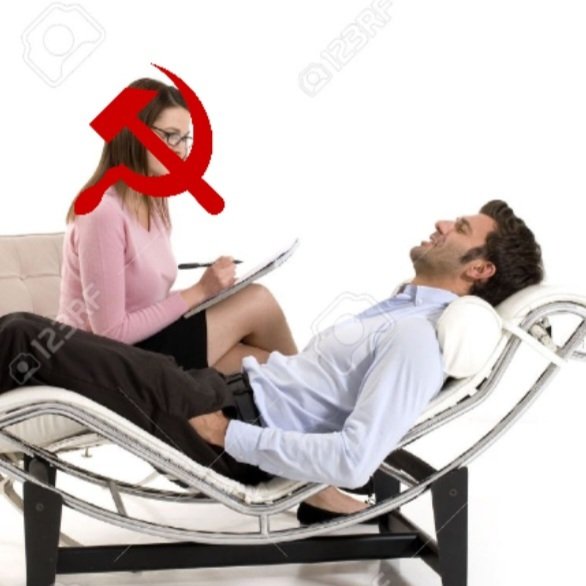hello! this is the first communist theory thing I actually managed to finish and fully understand, I’m gonna move on to other recommendations next, but I did get quite a lot of doubts that I noted in a little text file. none of them are gotchas just things I genuinely wonder about/don’t understand
i apologize in advance if these are common annoying questions, feel free to point me to other resources that answer these things if it’s too much  you also don’t have to answer everything
you also don’t have to answer everything
here’s the text in case it’s useful!! https://www.marxists.org/archive/marx/works/1847/11/prin-com.htm
Section 18
If competition is erradicated when every line of production is controlled by the state as Engels is proposing, will that mean an end of variety in consumer choice? I have indeed heard stories that people in socialist countries “only have one or two brands of X”, I’m not sure to what extent that is true but it seems like the natural conclusion from doing this…
Do you think this is better for an average person? main things that scare me are that, much like with companies in a market, how could we ensure the state produces things that benefit us and not benefit itself instead? this is what worries me about only having a single national bank too. Ideally if we only have one choice we have to make sure it’s the right one, no?
How would niche things, that benefit some part of the population but not everyone, be produced? Things like… fumo plushies, board games, or to put a less banal example, something that helps a condition that is uncommon and doesn’t spread but still exists, like special shoes to help some kinds of foot deformation for example…
thing is in a market system, niche things can make just as much or even sometimes more money than stuff that is produced “to be useful for everyone”, so they almost always appear in some way. but if all the production is controlled by the state, with very grand goals in mind, wouldn’t it not benefit them in any tangible way to invest in these kinds of things?
also, what would inspire innovation if it’s not competition? couldn’t the state just be satisfied with the results something is giving and not be interested in giving it resources to improve?
Section 19
I’m curious what communists think about this with a modern lens? AFAIK a revolution in a single country did happen right? And in Russia so none of the places Engels proposed. It didn’t really spread from there.
Section 20
do marxists think only economic class exists? wouldn’t there still be political classes? here it says that classes would end up disappearing because they only form due to division of labour. But isn’t there even in a fully realized socialist state a division of labour? even if everything is nationalized, isn’t there still a difference in power between, like, a furniture factory worker and the bureaucrat that oversees the state’s furniture building company? even if that bureaucrat is not monetarily richer than the worker per se.
also, it predicts here that education will give people the opportunity to understand the entire production system and thus jump from producing one thing to another, but since this book has written education has become a lot more universal, and that’s not what really happened right? people still chose one thing to specialize on and do it all their lives (or they study something that doesn’t have work opportunities and work something else). is there a difference in how marxists want education to work?
Section 24
I have one doubt about what Engels says about democratic socialists, mainly that small capitalists (“petty bourgeoisie”) in general tend to have the same interests as the proletariat.
i think one of the things that has put me off about revolutionary communism is precisely the attitude towards small capitalists, to be honest my parents are part of them, and I’ve always struggled to see them as a big evil the same way I view corporate giants, mainly because it’s just obvious their aims are not the same
I think the exploitation Engels is talking about where the workers always get the bare minimum that can be afforded happens mainly in big companies, especially the ones that have investors and seek infinite growth, but small companies like my parents’s basically just want to get by and survive, they only want to maintain themselves at an earning level that can support my family and the families of everyone who works there, if they can’t pay the wages with the weekly earnings they take out of their own savings to do it
in my parent’s case they are over 70 so they couldn’t really be part of the factory work either way, and I think what they do is still valuable (managing things, attending calls, organizing production and planning, supervising the design of new ideas, solving disputes, marketing, training new employees, etc…)
will these kinds of companies be treated any differently?
thanks a lot for reading, in advance!


Doesn’t mean there will only be one product, but what is meant that the labour market is to be abolished, that the threat of unemployment, starvation and alike is done away with. A fundamental force in capitalist societies which bring out some of the worst things in inter class warfare.
However my main point would be a bit more fundamentally. The text you cite is written by Engels and it is written to be a pamphlet to present the major collective understandings/(underpinnings of communists at that point. It was written before the communist manifesto, too. It is a good easy read especially in the context of the “spring of nations” 1848 and associated revolutions and movements.
I don’t believe that Engels got everything right at that point, but already achieve a good theoretical advanced back bone of communism at the age of 27 back then. Only 20 years later would the first edition of Capital be published.
In my opinion the Russian Revolutions as well as the Chinese Revolution were both Marxist, but they both weren’t quite the type of communist revolutions thought about at that point by Engels. The Revolutions and Civil War which created the Soviet Union was created in a feudalist state with incomplete industrial transition. While serfdom was officially abolished in Russia in 1861 its after effects remained till the Soviet Union. Plenty of reasons were there why the revolution was successful the weakening of the capitalist powers in the country and on the continent were a large part. The vanguard party that modulated the dynamics was also essential, though that meant that the material and social conditions weren’t as older theory suggested.
yeah I forgot to take into account the historical context! I didn’t know it was even older than the manifesto, I was just told the manifesto was a kinda bad starting point and pointed to this text instead… thanks for the reply!
It is a good starting point and I really appreciate that you try to find both, the way the texts work and the ways in which you think there are things that lead to either wrong conclusions or you don’t agree with. Discussion and the academic or scientific method are tools that are quite good for people starting to read theory. We are rather having people who are aware, than people who accept theory texts as sacred texts without error or space for interpretation.
that’s a common critique i’ve heard of marxists, that they see theory as gospels and just follow them dogmatically and such… but most people here have disagreed with this text in a few places so that was a surprise!